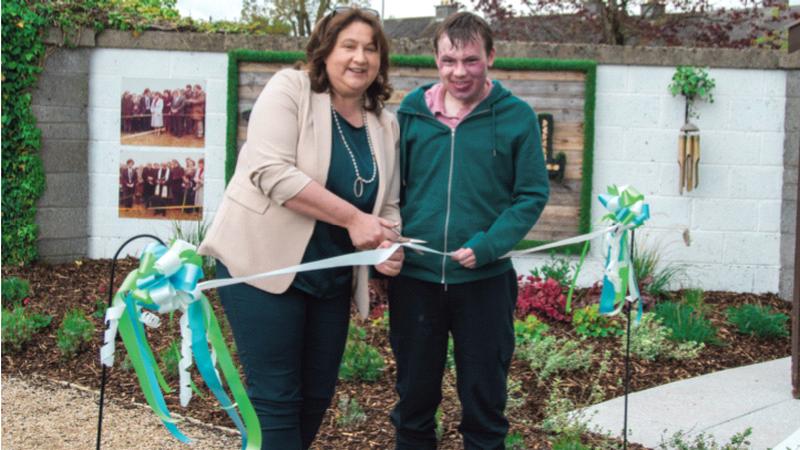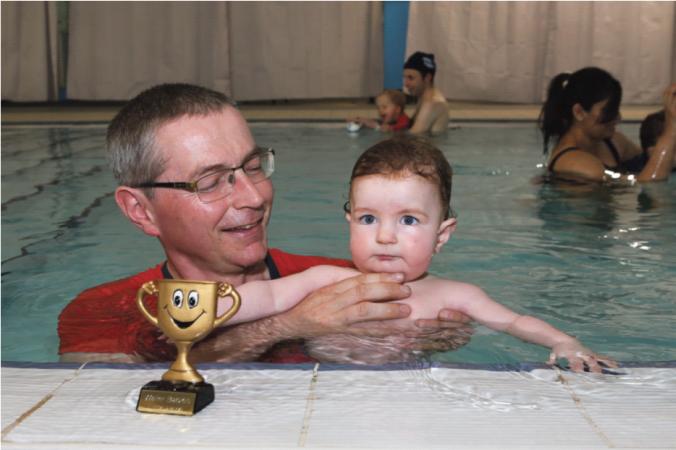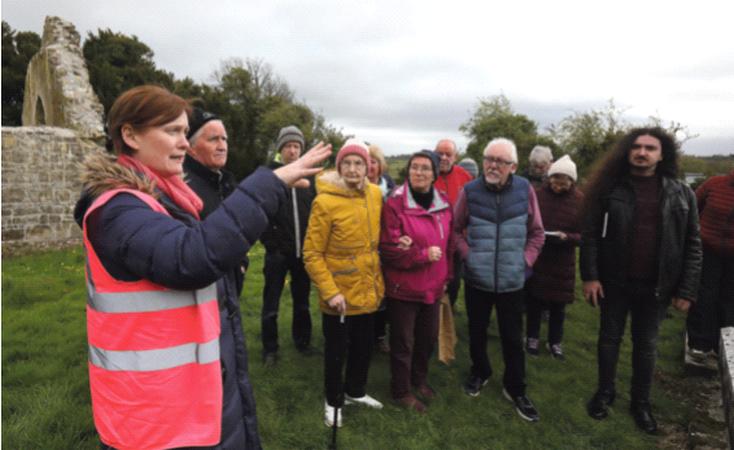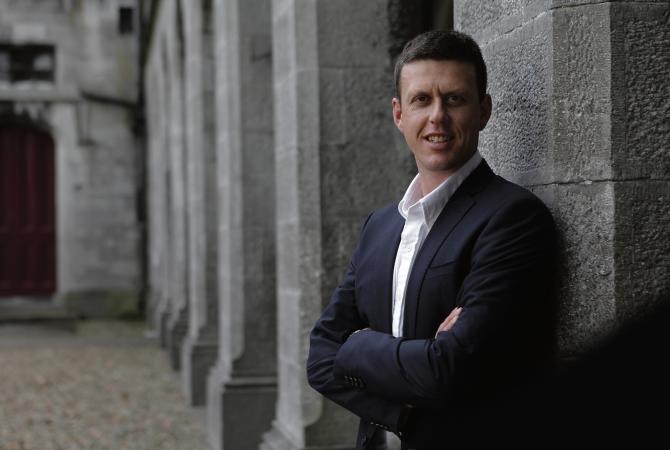-
-
Author: Our Reporter
~ 3 minutes read
A study of brain activity has confirmed users’ fears that viewing your own image on video conferencing calls leads to mental fatigue.
Because a new study conducted by academics at University of Galway has found that people who took part in meetings on Zoom become more fatigued when they can see themselves on-screen.
The research – led by Professor Eoin Whelan, of the J.E. Cairnes School of Business and Economics at the University – also found that men and women become equally fatigued when viewing their own image, a finding which contradicts prior research which suggested women experience more fatigue from self-view video conferencing than men.
The research team conducted an experiment using electroencephalography (EEG) monitoring of 32 volunteers – 16 men and 16 women – all of whom participated in a live Zoom meeting, with the self-view mode both on and off at different times.
EEG non-invasively records spontaneous electrical activity in the brain using electrodes placed on the head and can detect the onset of mental fatigue.
The monitoring confirmed that fatigue levels were significantly greater during the times participants could view their own image.
Prior research, which largely relies on self-reported data gathered through surveys and interviews, has suggested that women experience more Zoom fatigue than men.
Reasons offered for this gender difference centre on the increased self-awareness women have of their appearance when they view themselves in a mirror.
The University of Galway study, which measures fatigue at a neurophysiological level, questions whether gender differences actually exist for video conferencing fatigue.
The findings not only contribute to our understanding of fatigue incurred because of the dramatically increased use of video conferencing in the workplace but also offer practical insights for organisations aiming to protect employee well-being in the era of hybrid and remote work.
“The use of video conferencing platforms exploded during the lockdown,” said Professor Eoin Whelan.
“They continue to be heavily used in work and education today and offer some advantages over in-person meetings. But people often report feeling exhausted by video conference meetings.
“Our study shows that those feelings of fatigue you get during video calls are real, and seeing your own reflection makes it even more tiring. Simply turning off the mirror image can help offset fatigue in virtual meetings,” he added.
The full paper is available to read at https://www.liebert pub.com/doi/abs/10.1089/cyber.2023.0577
Pictured: Professor Eoin Whelan, J.E. Cairnes School of Business and Economics at the University.
For more, read this week’s Connacht Tribune:
Connacht Tribune Digital Edition App
Download the Connacht Tribune Digital Edition App to access to Galway’s best-selling newspaper. Click HERE to download it for iPhone and iPad from Apple’s App Store, or HERE to get the Android Version from Google Play.
Or purchase the Digital Edition for PC, Mac or Laptop from Pagesuite HERE.
Get the Connacht Tribune Live app
The Connacht Tribune Live app is the home of everything that is happening in Galway City and county. It’s completely FREE and features all the latest news, sport and information on what’s on in your area. Click HERE to download it for iPhone and iPad from Apple’s App Store, or HERE to get the Android Version from Google Play.
More like this:

Work underway on €5m upgrade of Luimnaigh Water Treatment Plant in Tuam
Work is underway on the five million euro upgrade of Luimnaigh Water Treatment Plant in Tuam serv...

Walkers take part in Pieta House Darkness into light events In 20 locations around the city and county.
It is estimated that over 100,000 people took part in the Pieta House Darkness into light walks a...

Galway RNLI crew called out to Hare Island yesterday evening
The Galway RNLI lifeboat crew was launched following a call from the public who reported that fou...

Minister opens new sensory garden as St Dympna’s marks 50-year celebrations
It was a case of acknowledging the past and laying the foundations for the future as St. Dympna’s...

Galway toddler honoured as one of 2024 Water Babies Little Heroes
A Galway toddler who has shown her battling qualities from birth is showing how taking to the wat...

Tour highlights importance of East Galway monuments and heritage sites
History enthusiasts and community group representatives from across the county participated in wh...

Emergency rally for Palestine to be held in city tomorrow
An ‘Emergency Rally’ for Palestine will be held in the city tomorrow. The event is or...

22-home social housing scheme opened in Glenamaddy
A 22-home social housing scheme has been officially opened in Glenamaddy. The scheme is supported...

An Bord Pleanala set to resume consideration of Galway Ring Road project in September
An Bord Pleanala is set to resume consideration of the long-running and highly controversial Galw...
Sign Up To get Weekly Sports UPDATES




